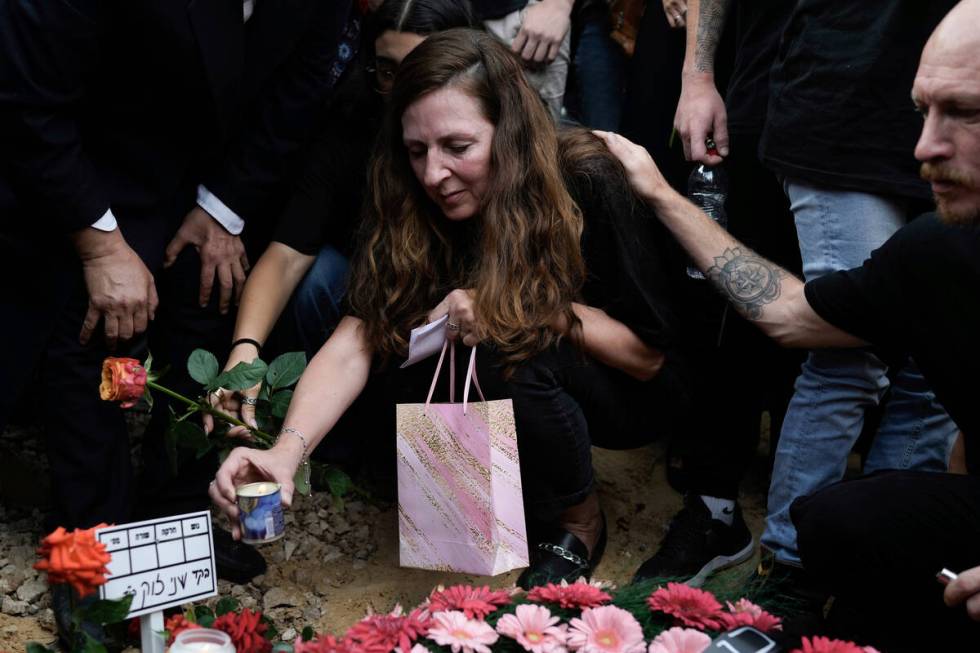U.S., Saudi officials discuss security agreement, recognition of Israel

DUBAI, United Arab Emirates — President Joe Biden’s national security adviser met early Sunday with Saudi Arabia’s Crown Prince Mohammed bin Salman to discuss what the kingdom described as the “semi-final” version of a wide-ranging security agreement between the countries.
The strategic deal was upended after the Oct. 7 Hamas terrorist attack on Israel that killed 1,200 people and saw 250 others taken hostage back to the Gaza Strip.
The security deal had included Saudi Arabia diplomatically recognizing Israel for the first time since its founding in 1948.
Saudi state media released no images of Jake Sullivan and Prince Mohammed meeting in Dhahran, a city in the kingdom’s far east that’s home to its state-run oil giant, the Saudi Arabian Oil Co. known as Saudi Aramco.
“The semi-final version of the draft strategic agreements between the kingdom and the United States of America, which are almost being finalized — and what is being worked on between the two sides in the Palestinian issue to find a credible path — were discussed,” the statement released after the talks said.
That included “a two-state solution that meets the aspirations and legitimate rights of the Palestinian people” and “the situation in Gaza and the need to stop the war there and facilitate the entry of humanitarian aid,” the statement added.
Saudi Arabia has long called for an independent Palestinian state to be created along Israel’s 1967 borders, with east Jerusalem as its capital. However, that likely may be untenable for Israeli Prime Minister Benjamin Netanyahu, whose government hinges on support from hard-liners who oppose a two-state solution and support Israeli settlements on lands Palestinians want for that state.
The White House had acknowledged Sullivan’s trip and that he would later head on to Israel, where he was scheduled to meet with Netanyahu on Sunday. However, there was no immediate statement from the U.S. on the discussions, other than to say they would be “including the war in Gaza and ongoing efforts to achieve a lasting peace and security in the region.”
Saudi Arabia has long relied — like other Gulf Arab nations — on the U.S. to be the security guarantor for the wider Middle East as tensions over Iran’s nuclear program in recent years have spilled over into a series of attacks. The proposal now being discussed likely would deepen that, and also reportedly includes access to advanced weapons and possibly trade deals as well.
Saudi Arabia has also pushed for nuclear cooperation in the deal that includes America allowing it to enrich uranium in the kingdom — something that worries nonproliferation experts, as spinning centrifuges opens the door to a possible weapons program. Prince Mohammed has said the kingdom would pursue a nuclear weapon if Iran had one.